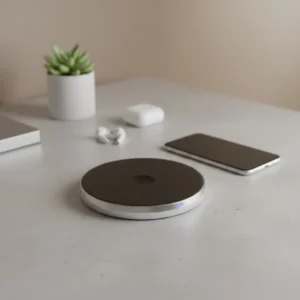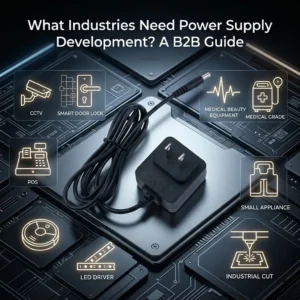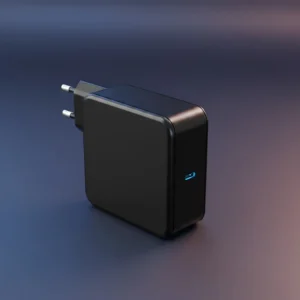If you’ve ever wondered why your friend’s phone charges faster than yours, the answer lies in a mix of factors — including USB charger quality, charger cable specifications, and charging technology. Understanding these variables can help you learn how to charge your phone faster and more efficiently.
Voltage, Amperage, and Charging Speed
The charging speed of your phone is determined by the voltage (V) and amperage (A) delivered by your power adapter. More amperage typically means faster charging, but only if your phone supports it. Check the label on your charger—this is where “USB charger amperage explained” becomes important. Correct voltage and amperage for fast charging ensure both safety and efficiency.
Charging Protocols: USB-A vs USB-C
There are key differences between USB-A and USB-C charging. USB-C supports fast charging protocols like USB Power Delivery (USB PD) and Quick Charge, which regulate power flow for faster and safer charging. Innovations in USB-C fast charging technology are now common in fast charging adapters for Android smartphones.
Cable Quality and Length Matter
A low-quality or overly long cable can hinder performance. How cable gauge affects charging speed and the impact of cable length on charging speed are often overlooked. Thicker cables with low resistance transfer more power efficiently, which boosts performance. Always choose high-quality USB cables to optimize charger performance.
Charging via Car USB Ports
Using a car charger may seem convenient, but safety issues with charging phone via car USB include power instability and slower speeds. A dedicated high-quality car charger with the correct specs is far better than built-in vehicle USB ports.
Fast Charging and Battery Health
Wondering about the battery life impact of fast charging? While fast charging safety and battery degradation concerns are valid, modern chargers are smart. They regulate output to avoid overheating. Still, using the original manufacturer charger helps maintain battery health and ensures proper charging speeds.
Additional Tips and Troubleshooting
If you’re experiencing delays, try phone charging troubleshooting tips like restarting the device, checking for dirt in the port, or changing cables. Also, using your phone while charging increases power consumption and reduces efficiency. Lastly, wireless charging compared to wired charging speeds tends to be slower, though it offers convenience.
Conclusion
By choosing the right charger for your device, using a reliable charger cable, and understanding fast charging technology, you can greatly improve your phone charging experience.





